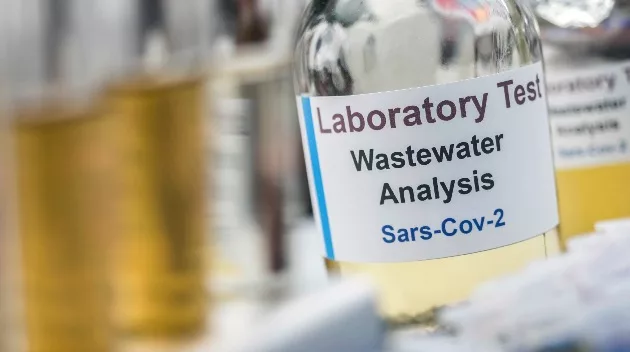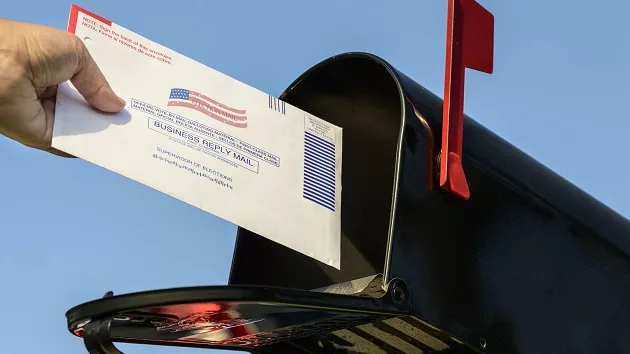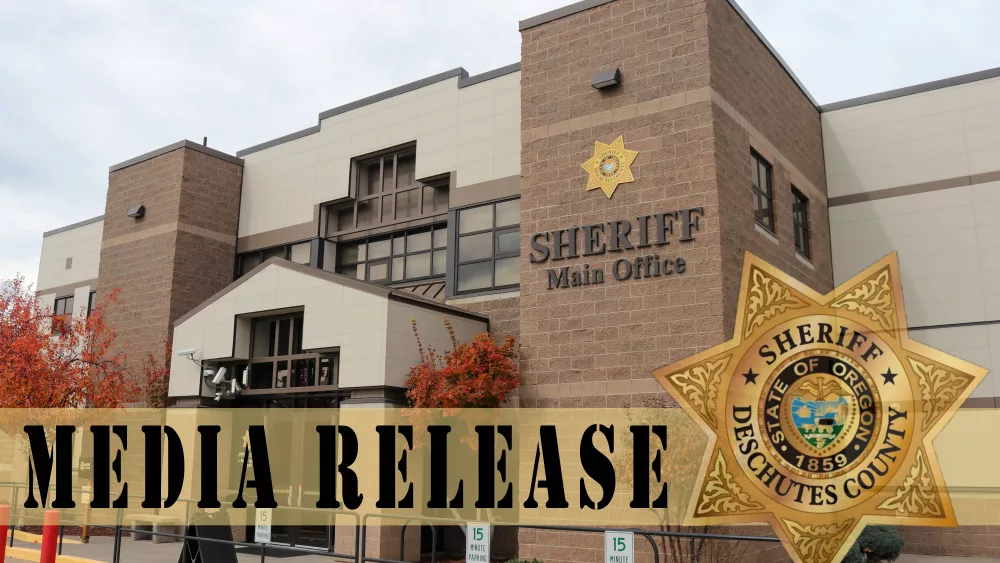In September 2020, a network of wastewater utilities around the state began collecting samples of influent – the water that enters a wastewater facility before it’s treated – and sending them to Oregon State University for testing and analysis.
It’s unassuming work – water sample collection is one of the many daily tasks that local and Tribal wastewater treatment facility staff perform to provide clean water to their communities. But this sample collection undertaking would play a significant role in the state’s ability to track transmission of COVID-19 during the pandemic and help public health epidemiologists and local leaders prepare communities to respond.
Oregon Health Authority (OHA) and OSU are teaming up on promoting Wastewater Utility Appreciation Week, July 17-21, to recognize the work of more than 40 wastewater treatment utilities who contributed to the success of Oregon’s SARS-CoV-2 Wastewater Monitoring Program. Their sample collection effort helped state, local and Tribal agencies inform communities, develop public health recommendations, direct health care resources, and prepare the health care system for increases in COVID-19 cases.
“I am honoring water quality professionals – operators, maintenance personnel, laboratory workers, sewer maintenance workers, biosolids workers, industrial waste pre-treatment workers, engineers and administrators – who, beginning in September 2020, collected and mailed influent samples to OSU for testing and analysis, which later became critically important data posted on OHA’s COVID-19 data dashboard,” OHA Interim Director David Baden wrote in a July 14 letter to utilities.
“That data helped participating city administrators, Tribal administrators, wastewater facility staff, environmental compliance staff, and public health professionals know their communities’ wastewater SARS-CoV-2 concentration, and measure community prevalence and transmission of COVID-19,” Baden said.
“OHA and local and Tribal wastewater treatment facility staff have been fantastic partners in delivering reliable, high-quality samples that our researchers depend on to perform their analyses,” said Scott Ashford, Kearney Dean of Engineering at Oregon State. “The College of Engineering has appreciated the opportunity to participate in this program benefitting the public health of Oregonians.”
Participating utilities’ water quality professionals have collected more than 15,000 influent samples over the course of the wastewater surveillance program. The state will keep the program going to track COVID-19 activity in communities, and it has been successfully tested and piloted to do the same for influenza, RSV and Cryptosporidium.
The monitoring operation involves wastewater facilities taking twice-weekly samples of influent using a device called a composite sampler, which collects small volumes of water on a regular basis – about once an hour – over a 24-hour period. Facilities then filter a 30-milliliter sample of the collected wastewater and place the filter into a tube containing a stabilizing agent. This maintains the integrity of the samples, ensuring they are uncompromised while they are mailed to OSU.
After the samples arrive at OSU, they are tested for SARS-CoV-2. If they test positive, OSU scientists sequence them to identify the COVID-19 variants or subvariants present within the samples, and consequently, within the community. The data are then sent to epidemiologists at OHA’s Public Health Division, who publish them to Oregon’s SARS-CoV-2 Wastewater Monitoring dashboard. Local and Tribal leaders are notified of their communities’ wastewater SARS-CoV-2 concentrations and whether levels are low, medium or high relative to other time periods and locations.
“Working with OHA and the wastewater monitoring and testing community has been an incredibly rewarding experience,” said Christine Kelly, a professor of environmental engineering and one of the directors of the wastewater testing program. “My colleagues at Oregon State and I very much appreciate the dedication and expertise of these professionals and look forward to collaborating with them in the years to come.”





